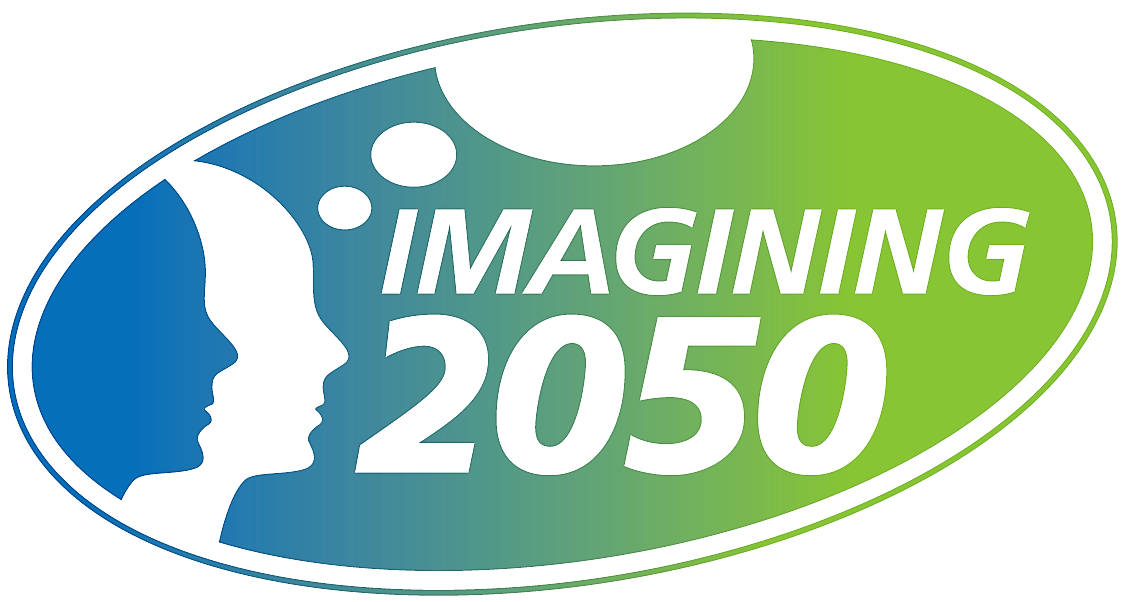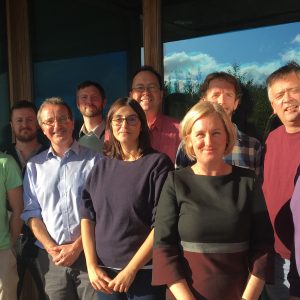
Imagining2050

- Title
-
Engaging, Envisioning and Co-Producing Pathways for a Low Carbon, Climate Resilient Ireland (Imagining2050)
- Start Date
-
August 2018
- End Date
-
May 2021
- Funding Body
-
EPA
- Coordinator
-
Dr Gerard Mullally
- Principal Investigators
-
Gerard Mullally, Niall Dunphy, Clodagh Harris, Fionn Rogan, Edmond Byrne, Paul Bolger, Brian Ó Gallachóir, John Barry, Geraint Ellis, Barry O’ Dwyer, James Glynn.
- Project Manager
-
Dr Paul Bolger
- Research Area
-
Climate Mitigation and Adaptation
Introduction
Imagining2050 is a transdisciplinary research consortium with researchers from University College Cork and Queens University Belfast. Imagining2050 seeks to consolidate in a single project existing research capacity in Ireland in terms of societal transitions, climate mitigation, and climate adaptation. Imagining 2050 will engage with civic society using innovative approaches, to explore and co-develop future visions of, and pathways to, low carbon and climate-resilient future. An added innovative component of the project is the use of creative communication and engagement methods.
Objectives
The objectives of Imagining 2050 are:
- To review the literature integrating (i) transition and public engagement (deliberation) and (ii) climate mitigation and adaptation
- To develop and implement innovative approaches for climate dialogues using mini-publics to co-construct visions and pathways for a low-carbon and climate-resilient society
- To undertake targeted stakeholder engagement with civil society agencies and state agencies
- To generate a series of scenarios and pathways for climate mitigation and resilience for Ireland
- To test and evaluate a number of novel communication methods to enhance engagement and stimulate dialogue on climate action.
Outputs
The outputs from the project will be:
- A tool-kit for conducting mini-publics on climate change informed by international best practice on public engagement and transitions
- 6 mini-publics
- 4 stakeholder engagement workshops with (i) civil society agencies and intermediaries and (ii)
- state agencies
- 8 climate thought-leaders’ forums to inform the development of scenarios and visualisations
- A set of scenarios for low carbon and climate resilience and pathways to achieving these
- An assessment of the complementarity between adaptation and mitigation scenarios for Ireland
- A communications tool-kit composed of at least three novel graphic tools and approaches to capture the public vision of low carbon, climate-resilient 2050
- 5 peer-reviewed journal papers.
Publications
Revez A and Mullally G. Emerson,H. Dunphy, N. Watson, C. Lennon, B. Glynn, J. Rogan, F. Byrne, E. Boyle, E. McGookin, C. Smith, S. Fahy, F. O’Dwyer, B. Torney, D. Brereton, P. Morrissey, J. Greene, M. Hugel, S. Carroll, J. Doyle, R. Farrell, E. Carr, L. Schuitema, G. (2019) Innovative Methods of Community Engagement. Towards a Low Carbon Climate Resilient Future Environmental Research Institute (ERI) UCC, Cork: Environmental Protection Agency.
Imagining 2050 Ballincollig (2020) ‘Community-led visions for low carbon and climate-resilient futures’.
Imagining2050 Athlone (2020) ‘Community-led visions for low carbon and climate-resilient futures’.
Contact
Animation: Engaging communities in climate action using deliberative futures workshops
This animation offers a brief outlook on design guidelines for deliberative processes and outlines the deliberative futures workshop 3-stage process
Toolkit
The Imagining 2050 team is delighted to release this toolkit on Deliberative Futures: Toward ‘Future-Oriented’ Communities and Decision-Making, they sought to offer practical advice and guidance on future-thinking engagement drawing from deliberative and participatory processes.
Click here to download.
Photo Gallery







